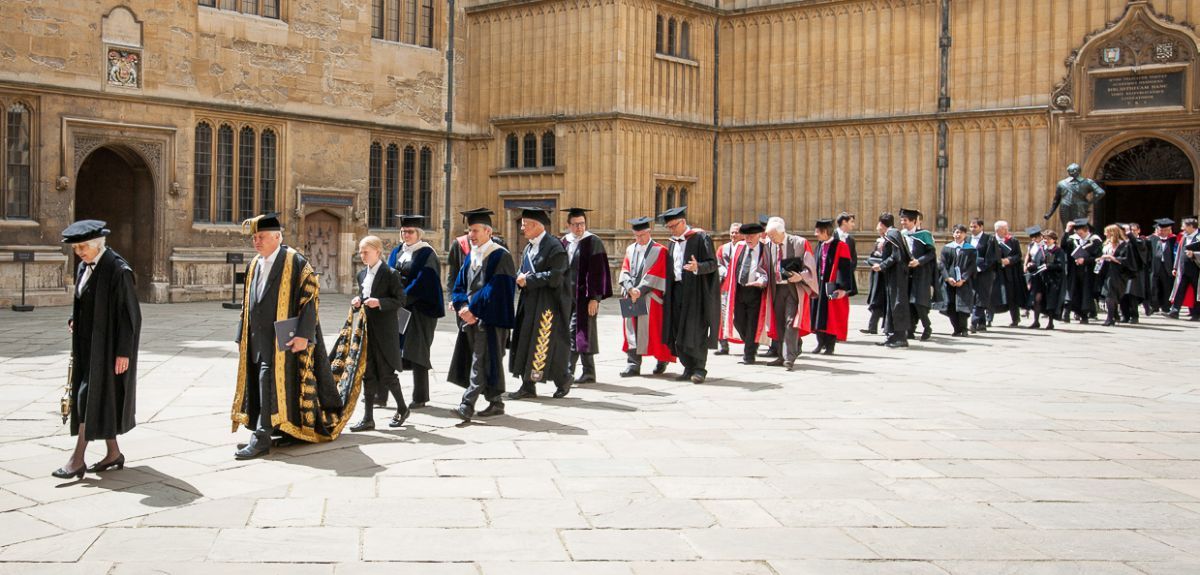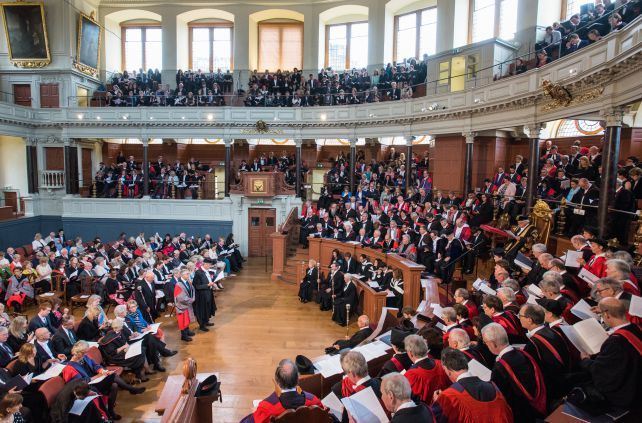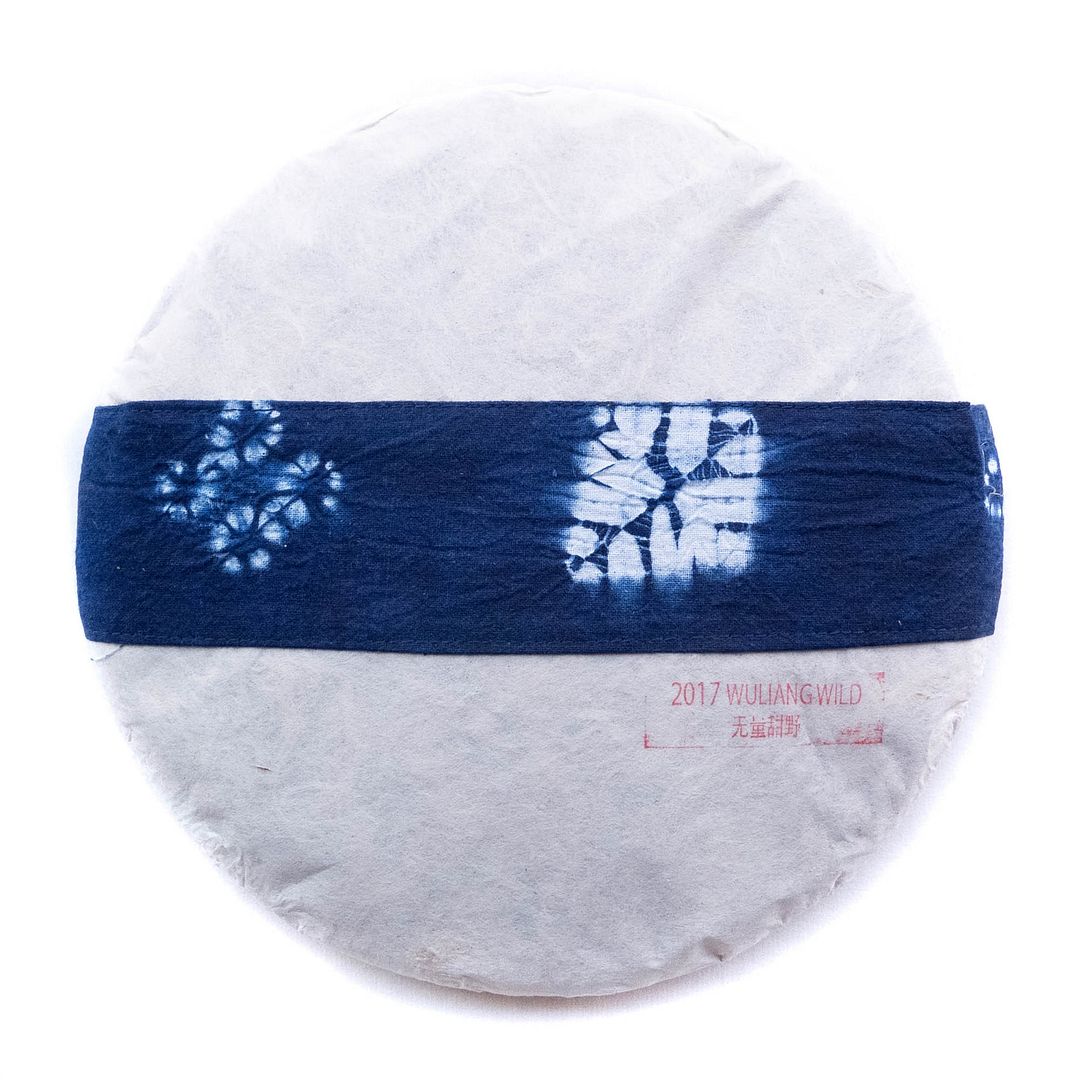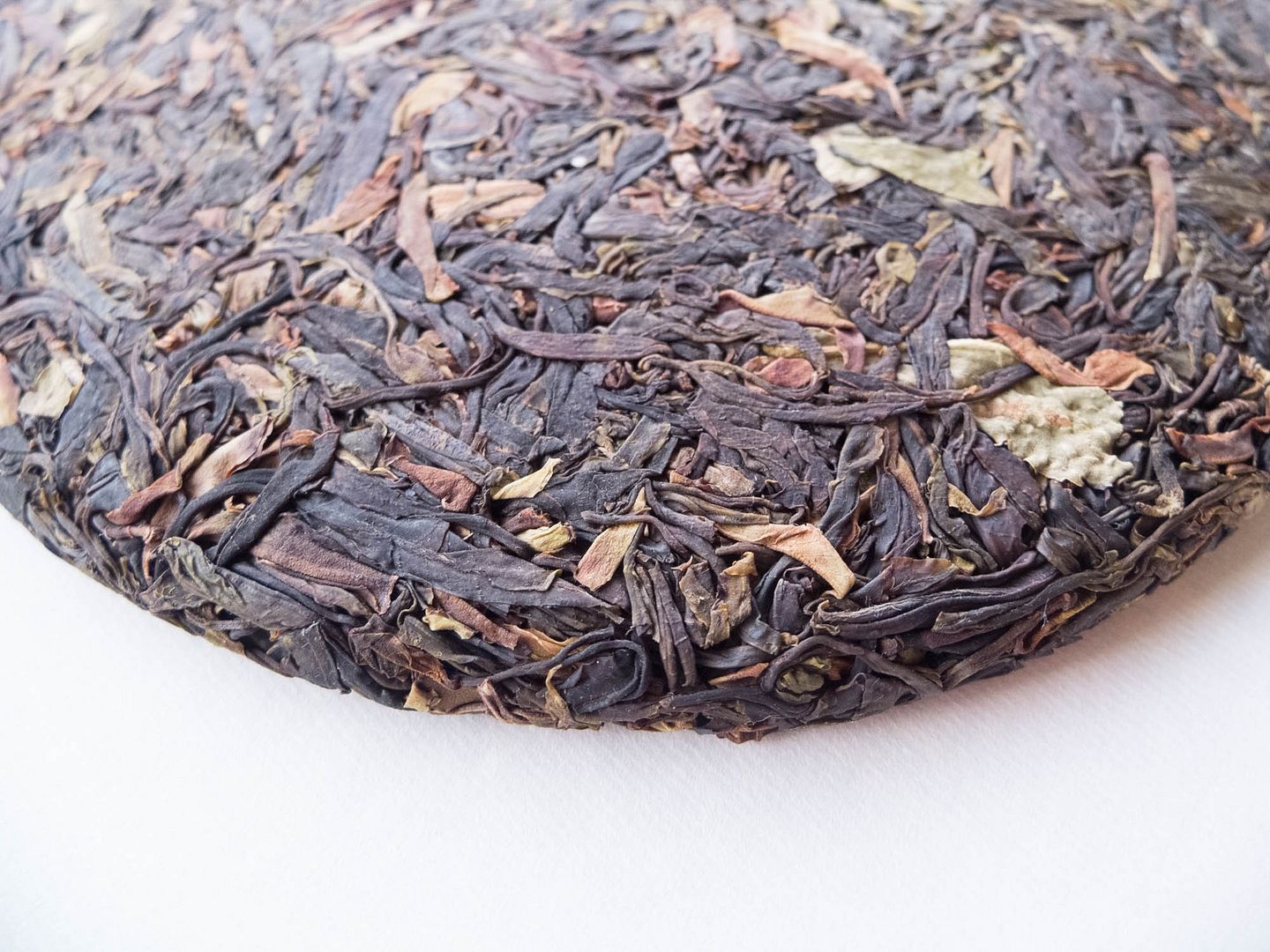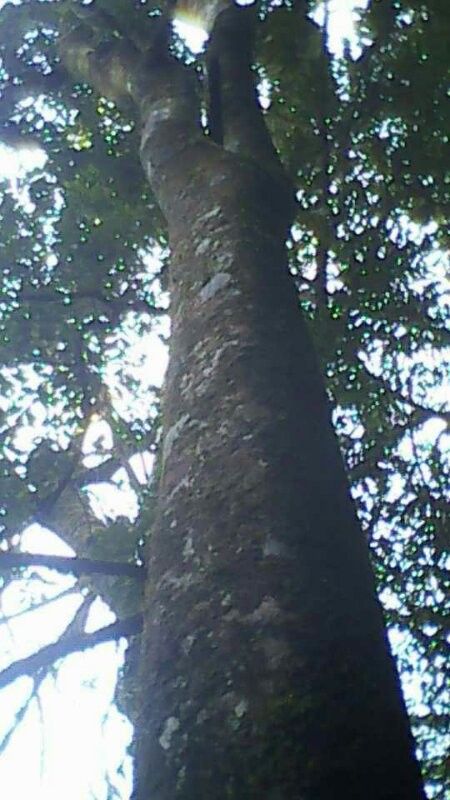Imagine, if you will bear with me, that you have been born and raised in a cold country. Imagine childhoods spent playing in snow, long winter months of darkness, being wrapped up in heavy clothes for most of the year, and having a runny nose for about 75% of that time. This is what it is like to be English.
You think the darkness is your ally; you merely adopted the dark.
I was born in it, molded by it.
I didn't see the light until I was already a man;
by then, it was nothing but blinding!
-- Your average Englishman
Your entire life is predicated on the fact that (i) winter is dark, rainy, and cold; and (ii) summer is, at best, "quite nice". A good summer of memory will hit the low-to-mid 20s, in degrees Celsius (i.e., in the 70s, degrees Fahrenheit). You spend most of your life dressing in "proper" clothes (inc. cardigan), and you might slip into short sleeves for one or two months in the height of summer, to try and cope with those temperatures in the 20s (70s Fahrenheit). Your entire childhood was spent playing sports on frosty ground, acclimatising yourself to being constantly cold.
There is very nearly no air conditioning in the entire country, because it would be unused for most of the year. This fact alone causes tremendous amusement to people from overseas, but there really is very little use for it here.
Now, if you're still with me on this imaginary train of thought, I would like you to imagine what it would be like for temperatures to jump from being 21 degrees C (70 degrees F) on a Tuesday to 32 degrees C (90 degrees F) on the following Wednesday.
Imagine your cold constitution suddenly exposed to this heat - the hottest that it has ever been (since records began 200 years ago) in England at this time of year.
Now imagine yourself wearing a black woollen suit ("subfusc").
Now imagine yourself wearing a white bow tie, tightening around the neck.
And, finally, imagine yourself wearing heavy, scarlet, woollen robes that weigh 10% of your body-weight*.
*At your correspondent's rather lardy 75 kg.
This is Encaenia 2017, and it is f***ing deadly for all concerned.
It is the university marking the end of the academic year, before we go our respective ways for the summer. 200 or so dons assemble in an old, pretty building designed by Sir Christopher Wren, and we sit there for an hour or so while awards are presented in classical Latin; the Professor of Poetry delivers a short homily; and the Public Orator does what seems to be 15 minutes or so of (academic-related) stand-up comedy. Which typically corresponds to taking the p*** out of The Other Place.
Except this year, the temperature. The temperature.
I'm amazed that there were no deaths.
This was the background to cracking open the proverbial cold one with the proverbial boys: the 2017 "Wuliang Wild" from Essence of Tea.
I very nearly don't need the kettle to heat the water today. It is hot, like your mother.
On disrobing my sample, I am struck by what are very red leaves. I am instantly reminded of the recently-described 2017 "Secret Forest Wild Really Secret Wild It's Actually Very Secret". Both cakes are "red". The Super-Secret cake comes from an undisclosed location; today's cake comes from Wuliangshan.
I invite you to check out the cake below where, even under these photographic conditions, you can see redness. Of course, the leaves have the delicious scent of purple fruits.
As ever, this is exceedingly clean and sweet - it is definitely "sweet wild", as Mr. Essence writes, rather than "bitter wild". (I was unaware of the distinction in descriptions of wild trees, but it makes some sense.)
Is the fruitiness from the "sweet wild" nature of the tree itself, or of the manner in which the leaves are treated? My suspicion is that it might be latter (the leaves are red, after all), but this is speculation.
Mr. Essence shows a photograph of a huge tree, reproduced below, which the locals tend to avoid picking in favour of their tea-gardens. We read that aforementioned locals were convinced to climb this extraordinary tree to obtain the leaves for this cake, making it a rather special production.
There is initial fruitiness in the soup, of course, which is not unlike the "Secret Forest Wild" (as linked earlier), but this is much more cooling - it is almost Bingdao in its chilliness. At £76 / 400g, this Wuliang cake is also substantially less costly than the Secret Forest Wild. £76 for a rare picking, with the usual clean panel of lab results, does seem like rather a bargain.
Given the roaring heat, it is charming (and greatly relieving) to drink this now. This is precisely the tea that should be consumed after Encaenia in the heat.
Would it age? It might not be strong enough to age in chilly, damp England, where we need sheer potency to see us through. This is a "sensations" cake, and is almost entirely absent any bitterness.
This is not to say that it is not full - the colour is a solid orange, and the texture is quite chunky. It's a perfect cake for summer, and really energises my tired, fatherly frame. There is a very positive effect on the constitution. Somehow, even though it is not big ol' pugilistic pu'ercha, it makes the mouth water with its payload of mature-tree contents.
I am attempting to avoid likening tea this to the quality of lactation of the more senior age of lady, and will surely spare you the comparison for the sake of decency. You get the idea.
As with the Secret Forest Wild, I will defer in favour of a more orthodox pu'ercha, but will always remember the manner in which this 2017 Wuliang Wild saved me from admission to the Intensive Care Unit, through cooling my constitution and chilling me back to the temperatures that nature intended.
Addendum: for the past week, it has returned to 18 degrees C (65 degrees F), and I am back in my cardigan. This is "summer" as I have been bred to understand it.

